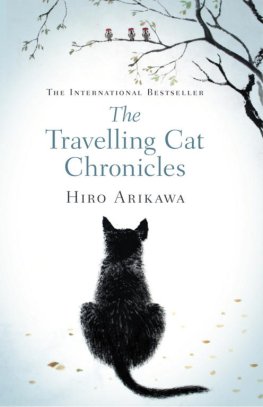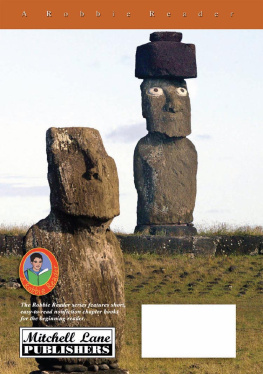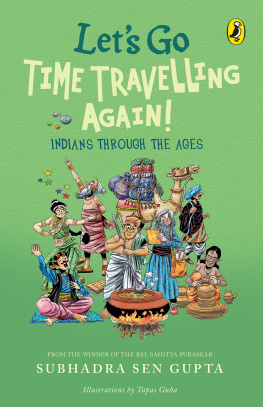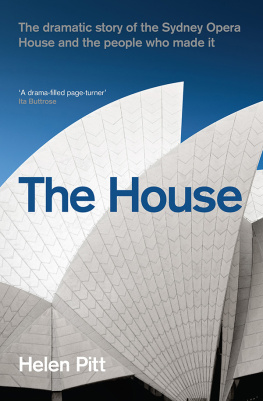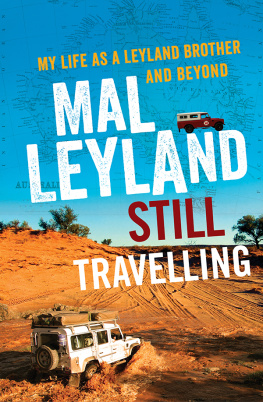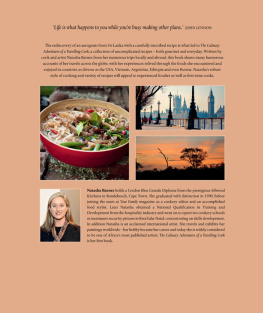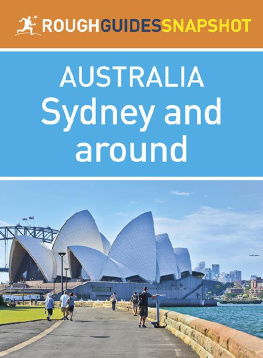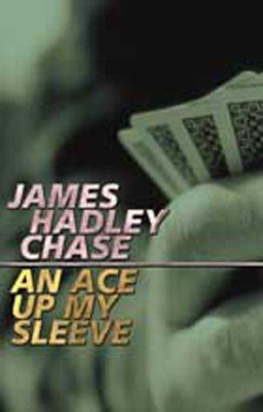TEN CAMELS FOR MY WIFE
John Meadows
First published in 2016 by
AG Books
www.agbooks.co.uk
Digital edition converted and distributed by
Andrews UK Limited
www.andrewsuk.com
Copyright 2016 John Meadows
The right of John Meadows to be identified as the author of this work has been asserted in accordance with the Copyright, Designs and Patents Act 1998.
All rights reserved. No part of this publication may be reproduced, stored in a retrieval system, or transmitted, in any form or by any means without the prior written permission of the publisher, nor be otherwise circulated in any form of binding or cover other than that in which it is published and without a similar condition being imposed on the subsequent purchaser. Any person who does so may be liable to criminal prosecution and civil claims for damages.
The views and opinions expressed herein belong to the author and do not necessarily reflect those of AG Books or Andrews UK Limited.
Special thanks to Richard Ayres for his in-depth appraisal of my manuscript. His valuable advice and constructive suggestions were greatly appreciated.
Also, thank you to my friends Bill Lyon, Janette Lyon and Bill Fryer for their continued help and encouragement.
I would like to express my appreciation to my agent, Darin Jewell (Managing Director of the Inspira Literary Agency Group) for his guidance, advice and conscientious hard work on my behalf.
Dedicated to my wife Norma, for being with me every step of the way.
Worth every single camel.
Chapter One
The Magical History Tour Begins
Norma, theyre taking the car away, come and say goodbye. We stood at the front door and watched our beloved Mini Cooper, our first-ever car, being driven off down the road. We went back into our empty, curtain less, carpet-less, furniture-less council house in Runcorn and surveyed our meagre possessions.
A solitary television, two deck chairs and two sleeping bags are not a lot to show after two years of marriage, I observed, ruefully. Our sparse surroundings suggested a burglary, an eviction, or perhaps a visit by Court Bailiffs. Our eyes met across an un-crowded room as we shed a few tears... tears of joy. We burst out laughing and could not have been happier. We had resigned from our jobs and sold all our worldly goods.
The television was the last to go, so that I could watch the Montreal Olympics. Our laughter went on to another level when David Colemans athletic commentary reverberated around the room; The Cuban, Alberto Juantarena has opened his legs and shown his class.
It was the famously hot summer of 1976, and we were about to embark on an adventure of a lifetime: overland to Kathmandu by Magic Bus, and then on to the Far East and Australia. Our plan was to find jobs in Australia, before continuing our journey to New Zealand, the South Pacific and South America.
In addition to sea travel, overland travel and air travel, we will be adding an extra dimension: Time-travel. Occasionally, I will interrupt our space-time continuum and take out my flux capacitor. (The same one I used in my first book on my Greyhound Bus odyssey around America). It hasnt done much mileage, and besides, it isnt illegal to turn back the clock on a time-machine. I will explain more in the future, (or possibly the past).
We arrived in London and made our way to Earls Court to pick up the bus. A small crowd had congregated on the pavement, and we approached a group of people who were loading-up the bus. The first thing we noticed was the predominance of Australian and New Zealand accents, and, amidst the clamour, it was difficult to identify who was actually leaving, and who was waving goodbye. A small, dishevelled, weather-beaten man with a tangle of dark curly hair and a Zapata moustache, was ticking off names on his clipboard, so I approached him.
Excuse me, is this the bus to Kathmandu? I asked nonchalantly, as if I had been at Wigan Bus Station inquiring about the next bus to St. Helens.
Gday mate, he replied, cheerily, in an unmistakable Aussie accent. He ticked off our names and welcomed us aboard.
As the bus filled up with our new travelling companions, it was difficult to work out who were together and who was travelling alone. To our surprise, there was very little bonhomie at first, as people just nodded brief acknowledgements to each other and sat down. Everyone seemed lost in their own individual thoughts, as if they were daily commuters on their way to work.
This is going to be a laugh-a-minute for the next five months, I whispered to Norma, but she pointed out that it was a sad time for many of them, as she noticed the number of tearful goodbyes. The two drivers were last on board, and introduced themselves as Mick, the Australian, and a tall red-haired Scotsman called Dave. We set off for Dover.
In the bar on the Cross-Channel Ferry to Calais, everyone started to intermingle and chat, and the group seemed to have quite an interesting demographic. On the bus, en-route to Paris, Mick invited each of us in the party to come to the front for a light-hearted, introductory interview over the microphone. This was an excellent way to break the ice, and it became apparent that we had some interesting characters on board. Over subsequent months, and in some cases years, some became our close friends.
There was an Australian doctor, Barry, who was about thirty, single and travelling alone. He had been living in London for a while, and he had just achieved membership of the Royal College of Physicians. A couple of English nurses, Angie and Bethan, were also part of the group, so it was reassuring to know that we had our personal medical team on hand, should we become ill or injured in the back of beyond. We met Reg, an Australian, and Colin, an Englishman who had lived in Sydney for quite a few years. They were travelling separately, but quickly became firm friends since they regarded themselves as professional travellers. Indeed, Colin told us that he worked in insurance, but was proud of the fact that his passport actually stated Traveller as his occupation. (Mine stated: Time-traveller, in my imagination, that is).
So, thats medical and insurance covered, I mused. All we need now is a motor mechanic and someone who works for American Express to cover all eventualities. Then there was Nick, a tall, laid-back character who spoke in a slow Texas drawl. He had piercing blue eyes, longish hair and a luxuriant beard, and, in his red-check lumberjack shirt, he looked as though he should have been rolling logs on a river, or whittling on the porch of a backwoods cabin. Appearances can be deceptive. He had a very gentle, courteous manner and he told us that he was from the Cayman Islands, where he worked in the family camera shop in Georgetown. There was also Margaret, an antiques dealer, Clarry, a classical guitarist, a young Australian married couple, Peter and Kay, and others, who we would get to know during our adventure.
Mick, the tour leader and co-driver, outlined the day-to-day routine: we were all required to contribute to a food kitty, and participate in a cooking roster, and we would be issued with tents. The itinerary was flexible enough to enable us to either extend or shorten our time at various destinations as required. The majority of our party had toured Europe in the, almost obligatory, VW campervan. Most of them had been to Paris quite recently, and the general consensus was that just a couple of nights would be sufficient. This suited us because we had been to Paris several times.
However, in this book, we cannot just skip over one of the worlds great cities, so we now have a perfect opportunity to take our first trip into the future. I will set my portable time-machine for the year 1989; the Centenary of the Eiffel Tower...
Are We in Seine?
Next page

